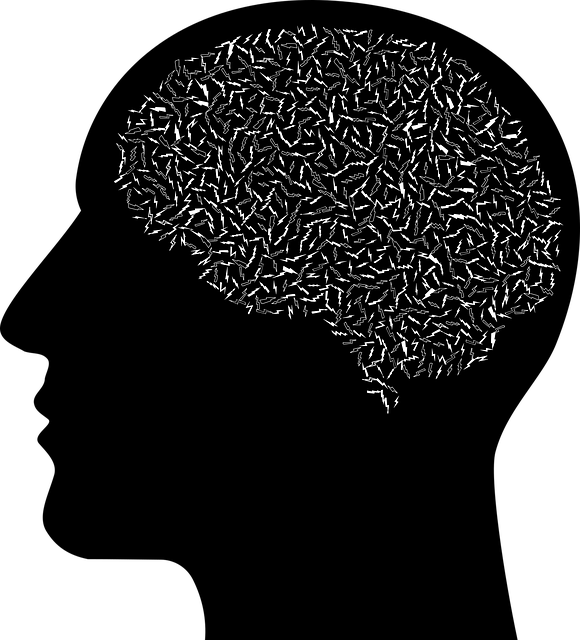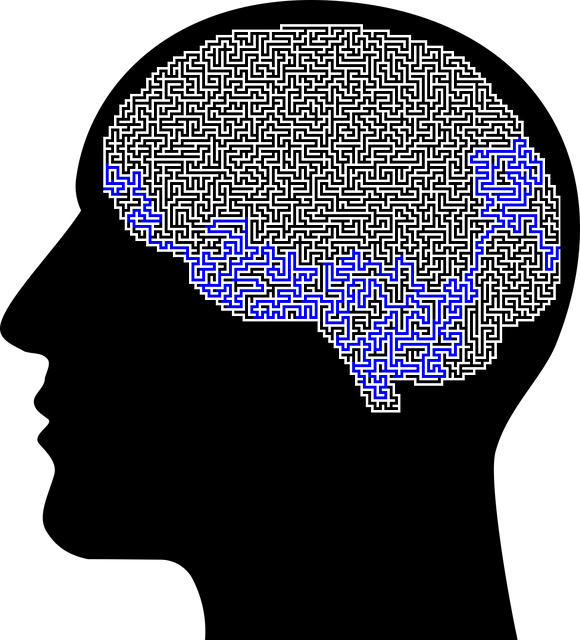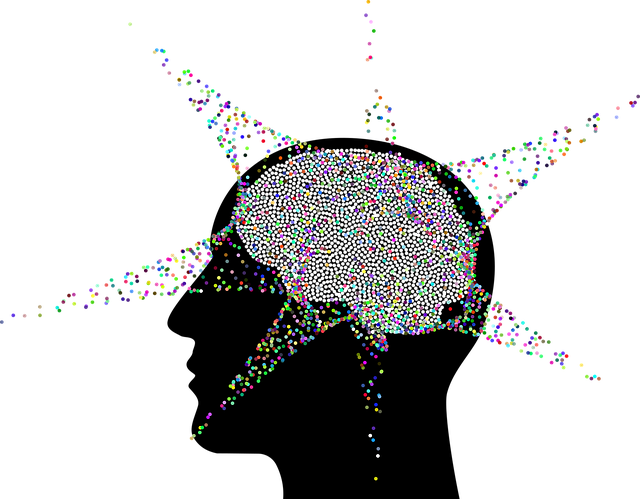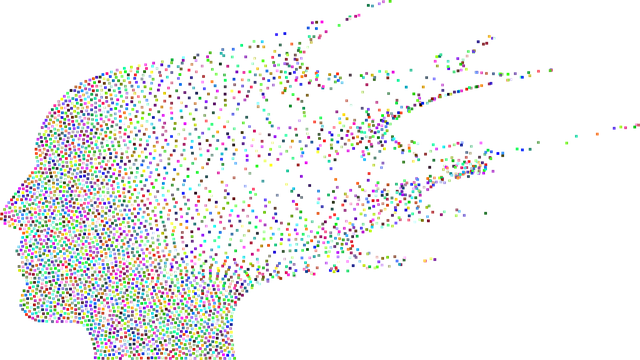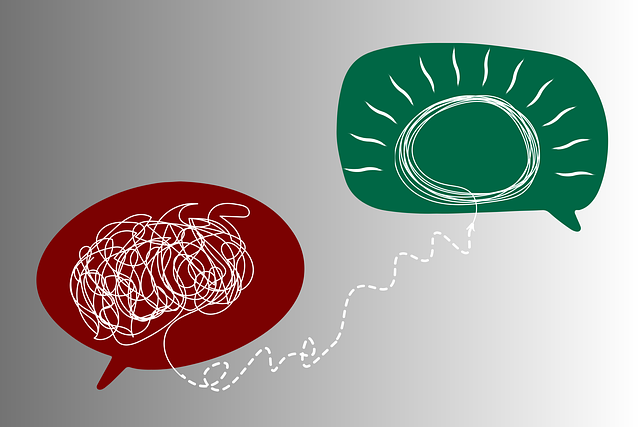Northglenn addresses community mental health needs through data-driven analysis, identifying critical issues like limited access to anger management therapy. Strategic goals focus on outreach programs promoting early intervention, reducing stigma, and offering educational workshops. Collaboration with local entities enables at-risk individual identification for group sessions teaching anger management and emotional regulation skills. Success evaluation combines quantitative (attendance tracking) and qualitative (interviews, feedback surveys) methods to ensure program alignment with community needs and professional burnout prevention.
Community outreach programs play a pivotal role in addressing societal needs, especially in diverse cities like Northglenn. This article delves into the strategic implementation of anger management therapy initiatives within Northglenn’s community fabric. We explore how understanding local needs and setting clear goals can enhance program effectiveness. By examining successful evaluation methods, we uncover ways to measure the long-term impact of Northglenn Anger Management Therapy initiatives, fostering a healthier, more resilient community.
- Understanding Community Needs and Identifying Goals for Outreach Programs in Northglenn
- Strategies for Effective Implementation of Anger Management Therapy Initiatives
- Measuring Success and Sustaining Long-term Impact: Evaluation Methods for Community Outreach in Northglenn Anger Management Therapy
Understanding Community Needs and Identifying Goals for Outreach Programs in Northglenn

In Northglenn, understanding community needs is a multifaceted endeavor that requires careful observation, data collection, and engagement with residents. The first step involves identifying pressing issues within the community, such as high rates of substance abuse or mental health concerns, which significantly impact the well-being of its citizens. This includes delving into local statistics, conducting surveys, and organizing focus groups to gather firsthand accounts. For instance, a Mental Health Policy Analysis and Advocacy initiative could reveal hidden challenges related to access to Anger Management Therapy, underscoring the need for targeted outreach programs.
Once these needs are mapped out, setting clear goals becomes crucial. Outreach programs in Northglenn should aim to bridge gaps in mental health services, promote early intervention, and foster community resilience. Specific objectives might include increasing awareness about available resources, reducing stigma associated with seeking therapy, and building empathy within the community through educational workshops and support groups. These strategies, combined with Burnout Prevention Strategies for Healthcare Providers, can ensure that efforts are sustainable and aligned with the long-term goal of enhancing overall mental health and well-being in Northglenn.
Strategies for Effective Implementation of Anger Management Therapy Initiatives

Implementing Anger Management Therapy initiatives effectively requires a strategic approach tailored to the community’s needs. Northglenn Anger Management Therapy programs should start with comprehensive risk assessments for mental health professionals, ensuring they have the necessary skills and resources to handle diverse client populations. This step is crucial in reducing the Mental Illness Stigma Reduction Efforts, fostering an inclusive environment, and building resilience among participants.
Community engagement is another key strategy. Collaborating with local schools, community centers, and religious organizations can help identify at-risk individuals and promote program awareness. Through these partnerships, programs can offer group sessions that teach anger management techniques, stress-reduction strategies, and emotional regulation skills. By addressing underlying issues and providing a safe space for open dialogue, these initiatives contribute to improved mental health outcomes and enhanced community well-being.
Measuring Success and Sustaining Long-term Impact: Evaluation Methods for Community Outreach in Northglenn Anger Management Therapy

Evaluating the success of community outreach programs is paramount to understanding their long-term impact and ensuring sustainability. For Northglenn Anger Management Therapy initiatives, a multi-faceted evaluation approach is ideal. This includes both quantitative and qualitative methods to capture various outcomes. Quantitative assessments can gauge program reach by tracking attendance, with a focus on demographic representation, and measuring participation rates over time. These data points provide insights into the program’s accessibility and appeal within the community.
Qualitatively, interviews with participants, referrers, and mental health professionals involved in Northglenn Anger Management Therapy can reveal profound effects. Exploring changes in anger management skills, coping strategies, and overall well-being offers a nuanced understanding of the program’s impact on individuals and families. Furthermore, integrating feedback from community partners and stakeholders through surveys or focus groups ensures that the program aligns with local needs and identifies areas for improvement, fostering continuous enhancement and longevity. This comprehensive evaluation strategy complements burnout prevention efforts for mental health professionals while integrating risk management planning and encouraging self-care practices.
Implementing community outreach programs, particularly focused on Northglenn Anger Management Therapy, requires a strategic approach that begins with understanding local needs and setting clear goals. By employing effective implementation strategies and utilizing robust evaluation methods, these programs can achieve significant, long-term impacts. Through measured success, the initiative fosters a safer, more harmonious Northglenn, where residents are equipped to manage anger constructively, benefiting both individuals and the community at large.




